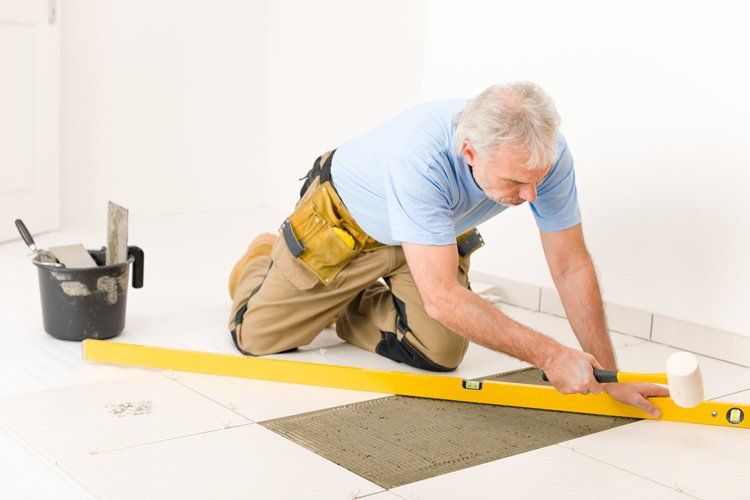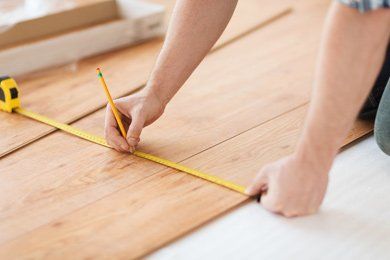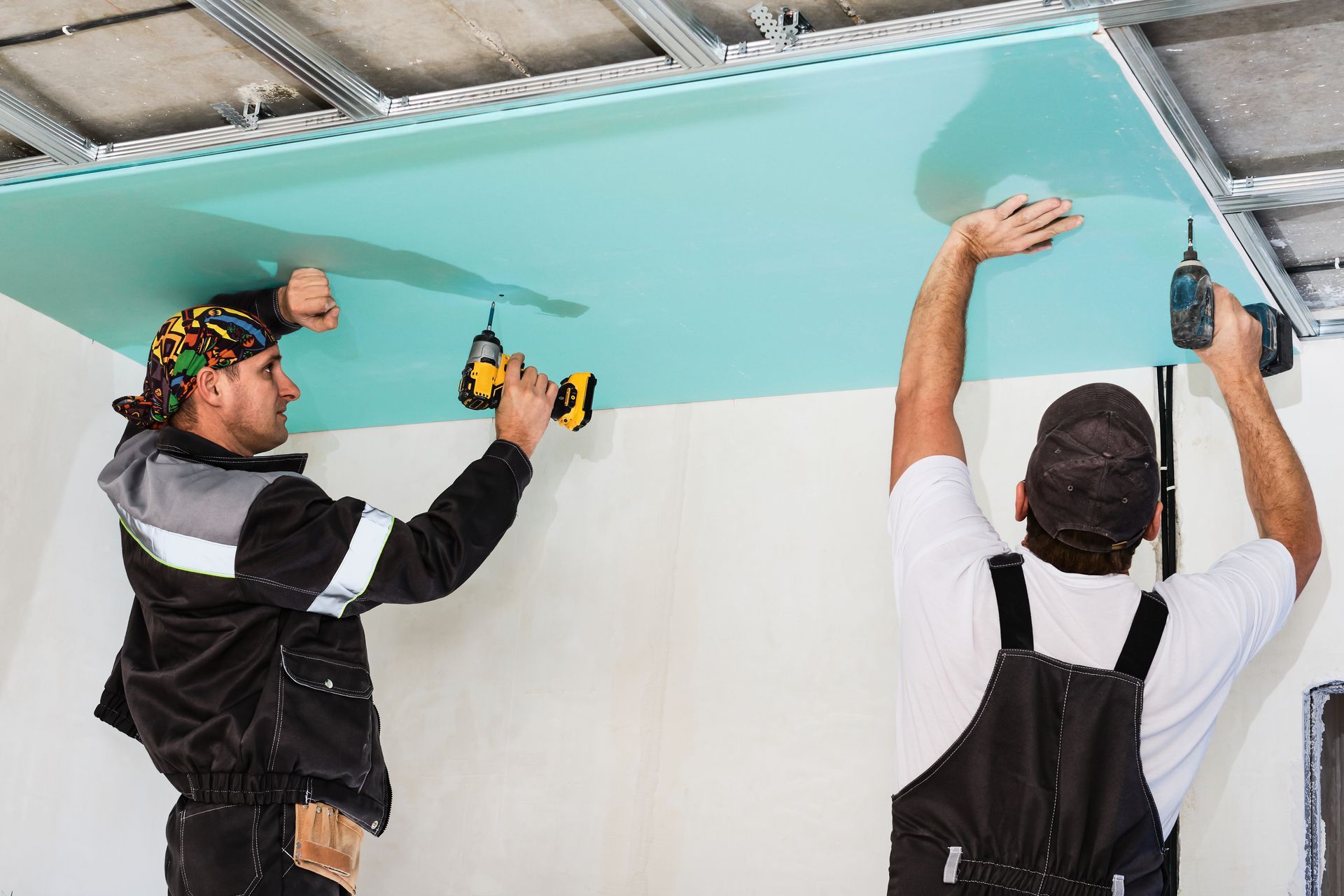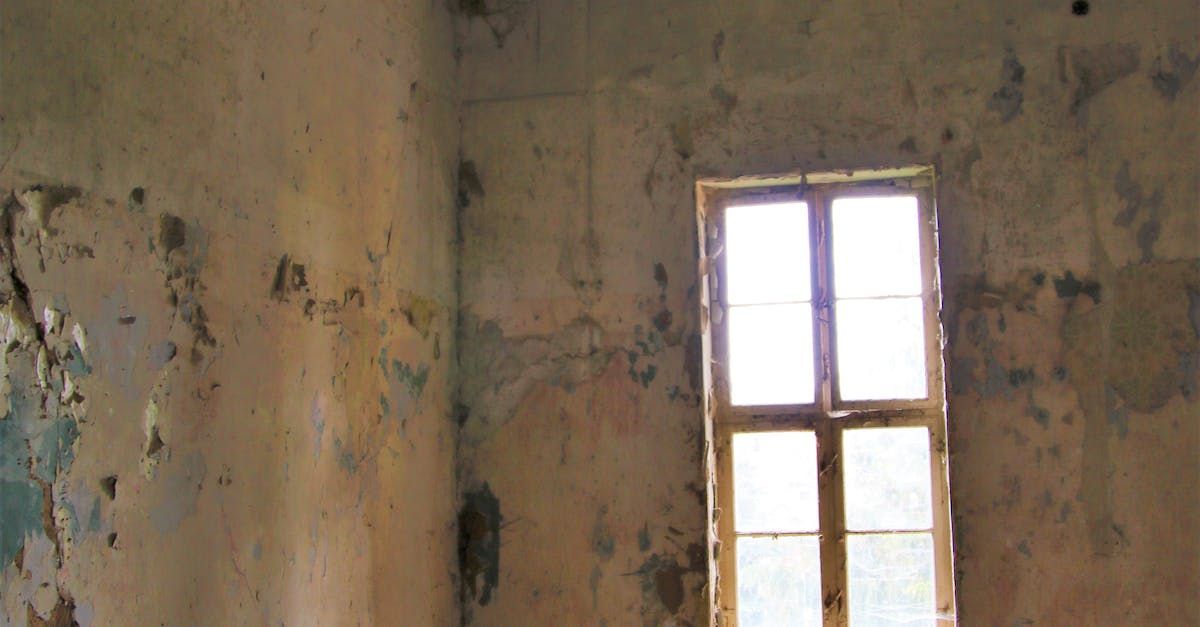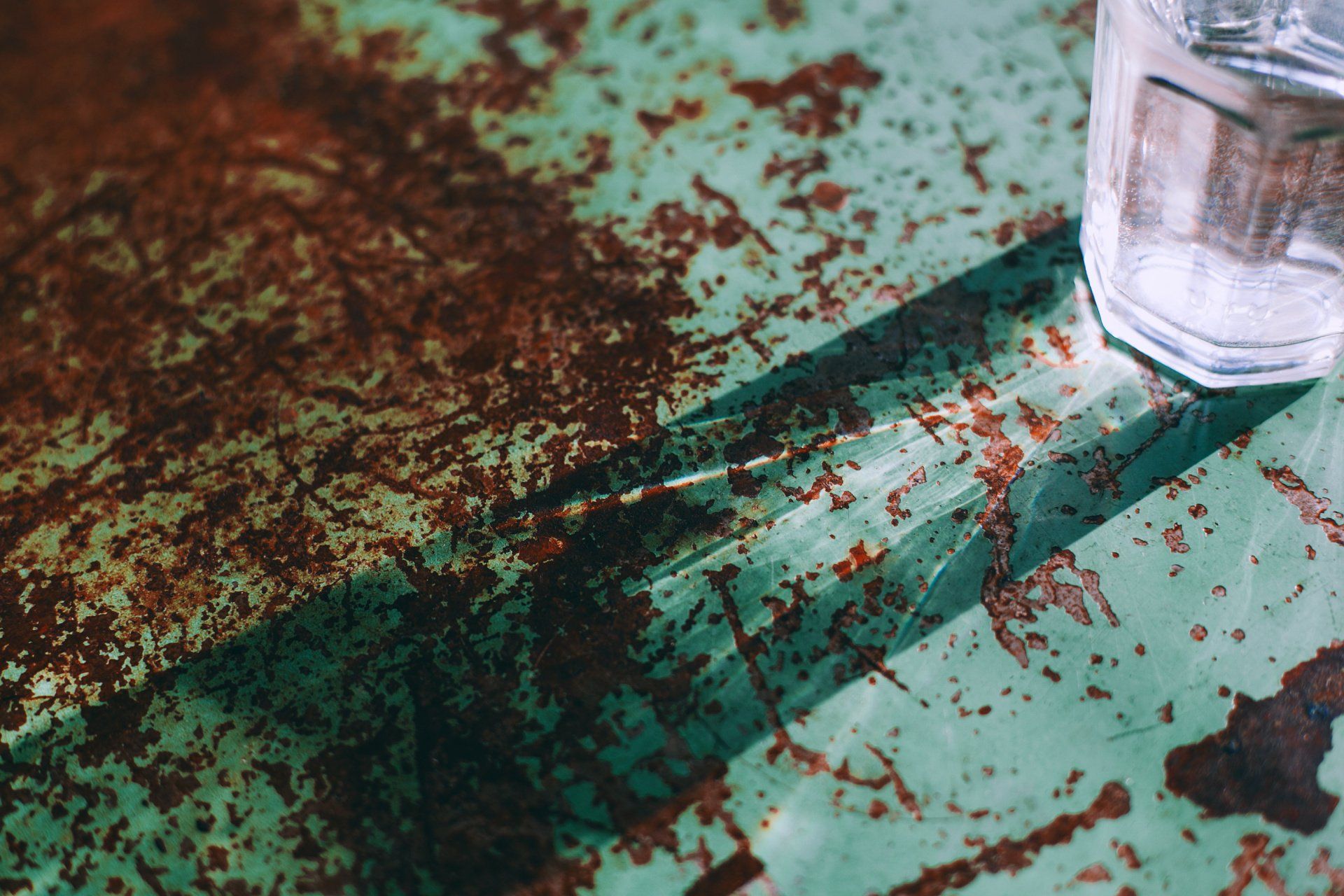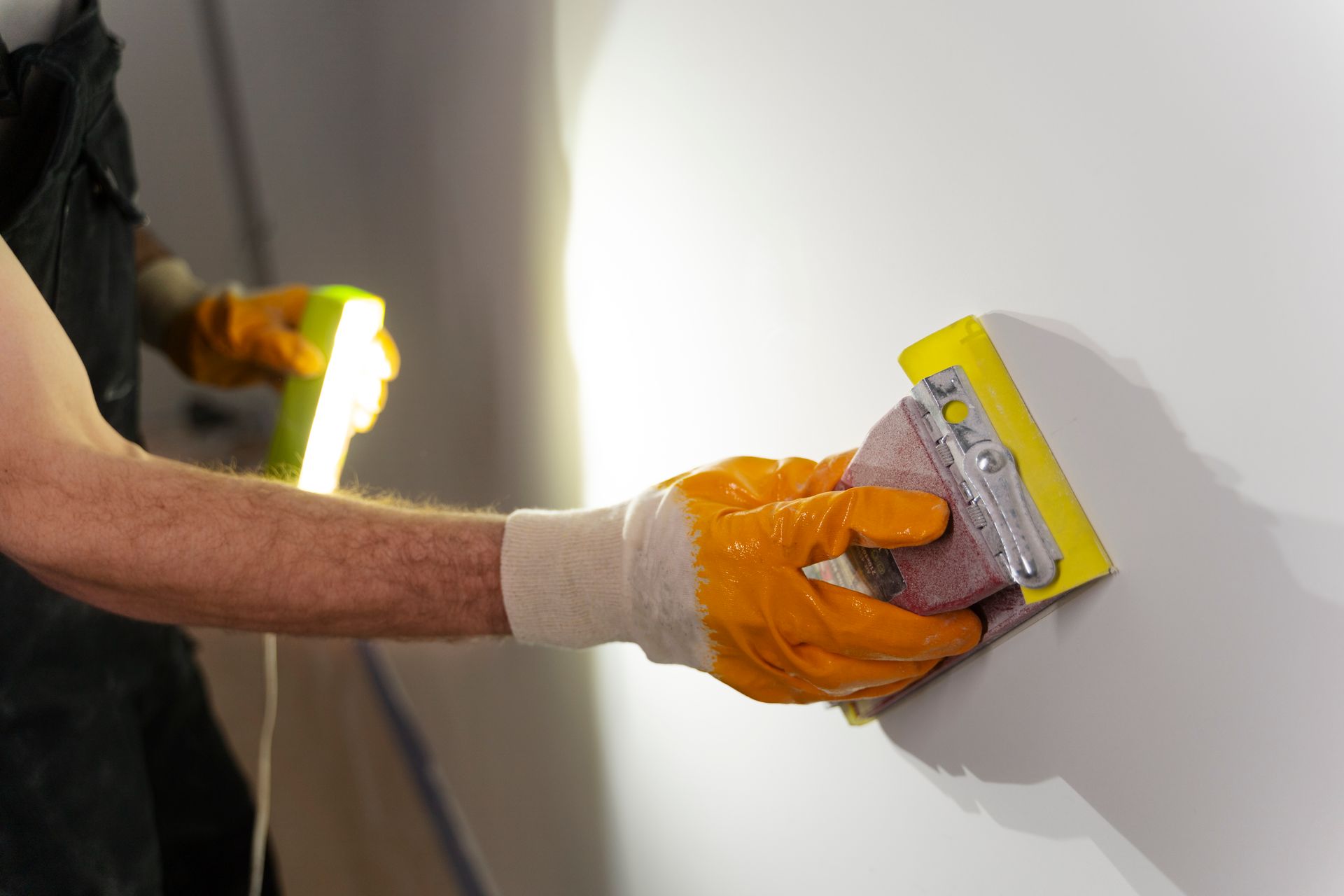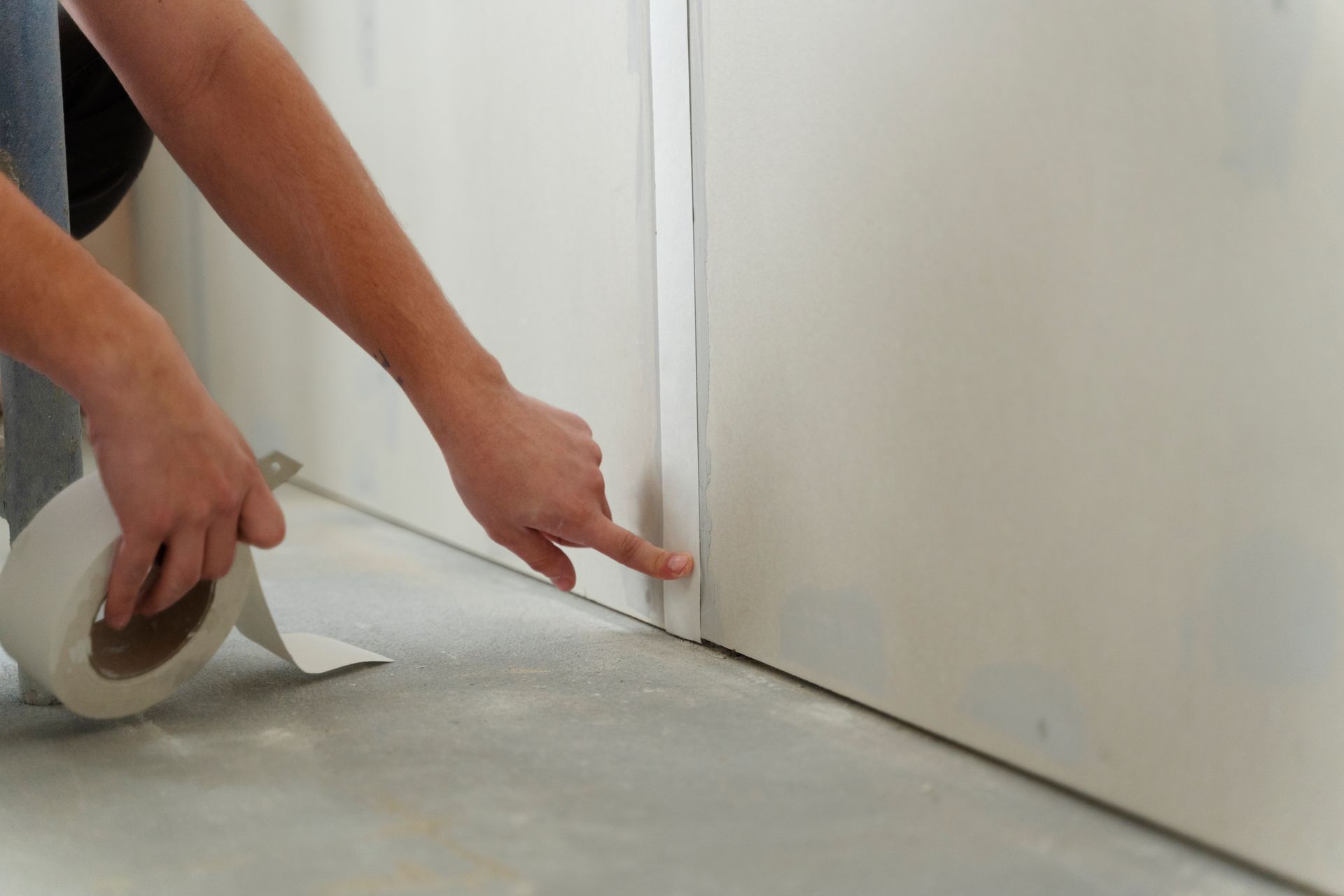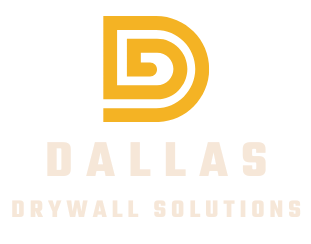The Drywall Doctor: Fixing Common Wall Issues with Ease
Expert Guidance for Your Sheetrock and Wallboard Repair Needs
Drywall, often referred to as sheetrock or wallboard, is a fundamental aspect of most homes. It's what gives our walls and ceilings a smooth, finished appearance. However, it's not immune to damage. Whether it's from water leaks, accidents, or general wear and tear, drywall issues are common in households. This comprehensive guide aims to help you navigate the complexities of drywall repair, ensuring your home remains in top condition.
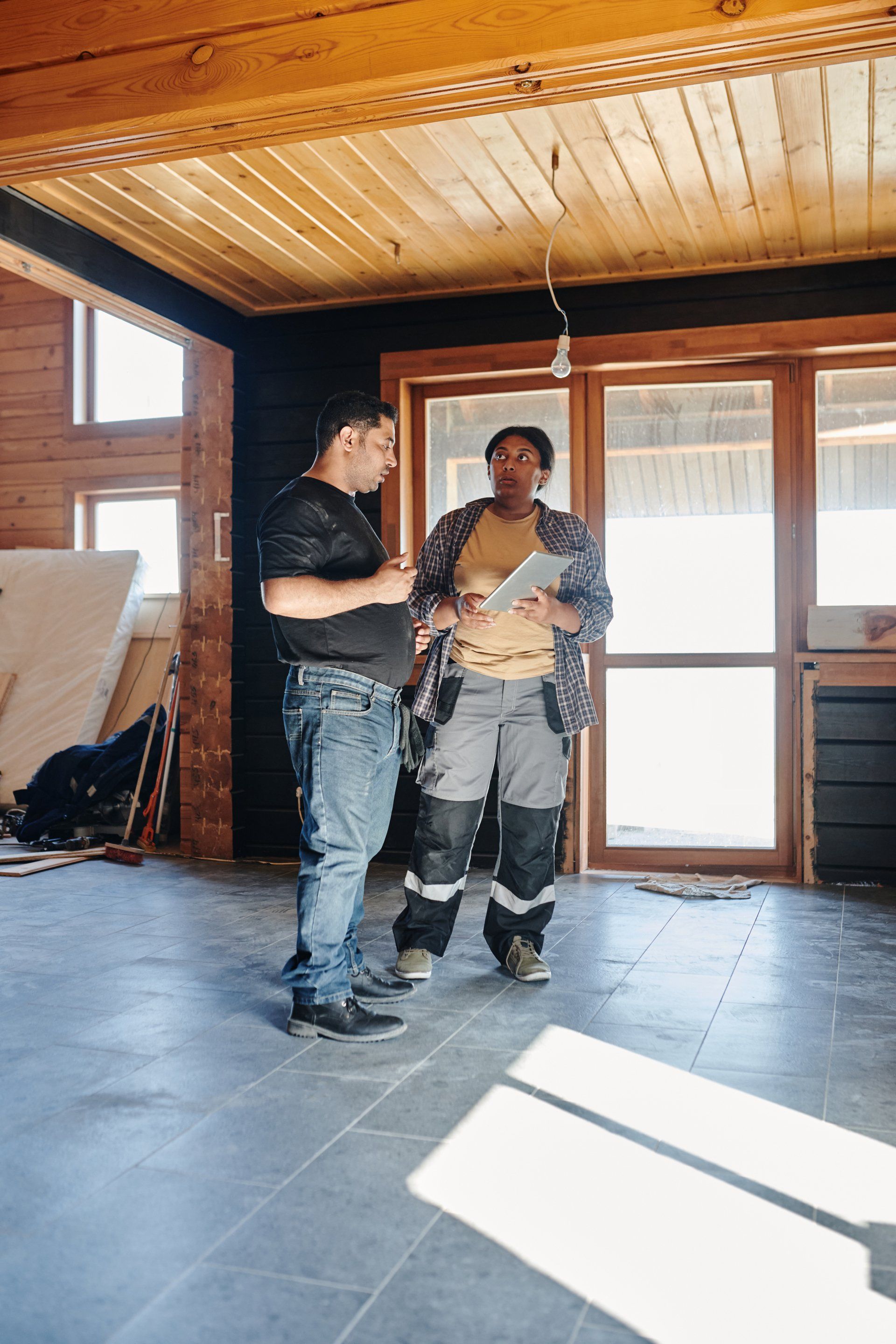
Understanding Drywall Repair
Before diving into repair techniques, it's essential to understand what drywall repair entails. It's a process that involves patching holes, fixing cracks, and smoothing out imperfections on your walls or ceilings. A skilled drywall contractor can make damaged areas look as good as new.
Common Drywall Issues
- Holes and Cracks: From small punctures caused by dry wall nails to larger holes, these are the most common problems.
- Water Damage: This can lead to sagging ceilings or bulging walls, requiring immediate attention.
- Scuffs and Marks: Everyday life can leave its marks on your walls, often requiring just a simple fix.
Step-by-Step Guide to Drywall Repair
1. Assessing the Damage
The first step in any drywall repair process is to assess the extent of the damage. For simple issues like small holes or minor cracks, a DIY approach might be sufficient. However, more significant problems, like water-damaged sheetrock sheets, might require the expertise of a professional drywall contractor.
2. Gathering Materials
For basic drywall patching, you'll need some essential tools and materials, including:
- Drywall patch or sheetrock sheets
- Joint compound
- Drywall tape
- Sandpaper
- Putty knife
3. Patching Holes
To patch a hole in drywall:
- Cut a piece of drywall (sheetrock) to fit the hole.
- Secure it in place with drywall tape.
- Apply joint compound, smoothing it over the tape.
- Sand the area once dry for a smooth finish.
4. Repairing Cracks
For cracks, use a putty knife to fill the crack with joint compound. Once dry, sand the area smooth.
5. Ceiling Drywall Repair
Ceiling repairs can be more challenging due to gravity. Support the patch properly and ensure the joint compound is applied evenly.
Hiring a Professional Drywall Contractor
Sometimes, the damage might be too extensive, or you might not have the time or skills to do it yourself. This is where a drywall specialist comes in. When looking for a contractor, consider the following:
- Experience and expertise, especially in specific areas like ceiling drywall repair or water damage.
- Reviews and recommendations.
- The contractor's approach to your specific problem, like drywall repair Dallas homes might require due to regional issues.
Preventing Future Drywall Issues
To minimize the need for future repairs:
- Address water leaks promptly to avoid ceiling drywall damage.
- Be cautious when hanging items to prevent wall damage.
- Regularly inspect for any signs of damage and address them early.
Advanced Drywall Repair Techniques
Drywall Texturing
After repairing the drywall, matching the texture to the rest of your wall is crucial for a seamless look. Common textures include orange peel, knockdown, and smooth finish. The right tools and techniques are needed to achieve these textures, often requiring the skilled hand of a drywall specialist.
Dealing with Large Holes
For holes larger than a few inches, the repair process involves more complex steps:
- Install a drywall patch or a new piece of sheetrock.
- Secure it with screws to the surrounding drywall.
- Apply joint compound and drywall tape around the edges.
- Sand and texture the area to blend with the existing wall.
Repairing Drywall Corners
Corners, whether outside or inside, are prone to damage. Repairing them involves:
- Removing any damaged tape or compound.
- Reapplying drywall tape (metal or paper) along the corner.
- Smoothing joint compound over the tape.
- Sanding for a sharp, clean finish.
Choosing the Right Drywall Contractor
When hiring a drywall repair service, it's important to consider their specialization. Some contractors might be more experienced in residential work, while others might excel in commercial properties. Specific services, like drywall repair Dallas-based, might have unique regional expertise, important for local homeowners.
Questions to Ask a Drywall Contractor
- Experience and Specialization: How long have they been in business, and what types of projects do they usually handle?
- Licensing and Insurance: Ensure they have the proper credentials and insurance to work in your home.
- Estimates and Timelines: Get a clear understanding of the costs and how long the repair will take.
- Warranty or Guarantee: Do they offer any warranty on their workmanship?
DIY Tips for Homeowners
For those inclined to tackle drywall repair themselves, here are some additional tips:
- Invest in good quality tools and materials.
- Practice on a spare piece of drywall before tackling the actual wall.
- Be patient with drying times, especially for joint compound.
- Safety first: wear protective gear like masks and goggles.
Preventative Measures for Drywall Care
To prolong the life of your drywall and reduce the need for repairs:
- Monitor humidity levels in your home to prevent moisture damage.
- Avoid hanging heavy items that could cause the drywall to sag or crack.
- Educate family members, especially children, about being careful around walls.
Conclusion
Whether you choose to repair drywall yourself or hire a professional, understanding the process and what it entails is crucial. This comprehensive guide provides the knowledge needed to address common issues like drywall patching, sheetrock wall repair, and even more complex tasks like ceiling drywall repair. With the right approach, you can maintain the integrity and beauty of your home's walls and ceilings, ensuring they stand the test of time and everyday life.
Remember, the key to successful drywall repair lies in accurate assessment, proper technique, and regular maintenance. By following these guidelines, you can keep your home in pristine condition, handling any drywall issue with confidence and ease.
Ready to work with Dallas Drywall Solutions?
Let's connect! We’re here to help.
Send us a message and we’ll be in touch.
Or give us a call today at 972-362-9799

